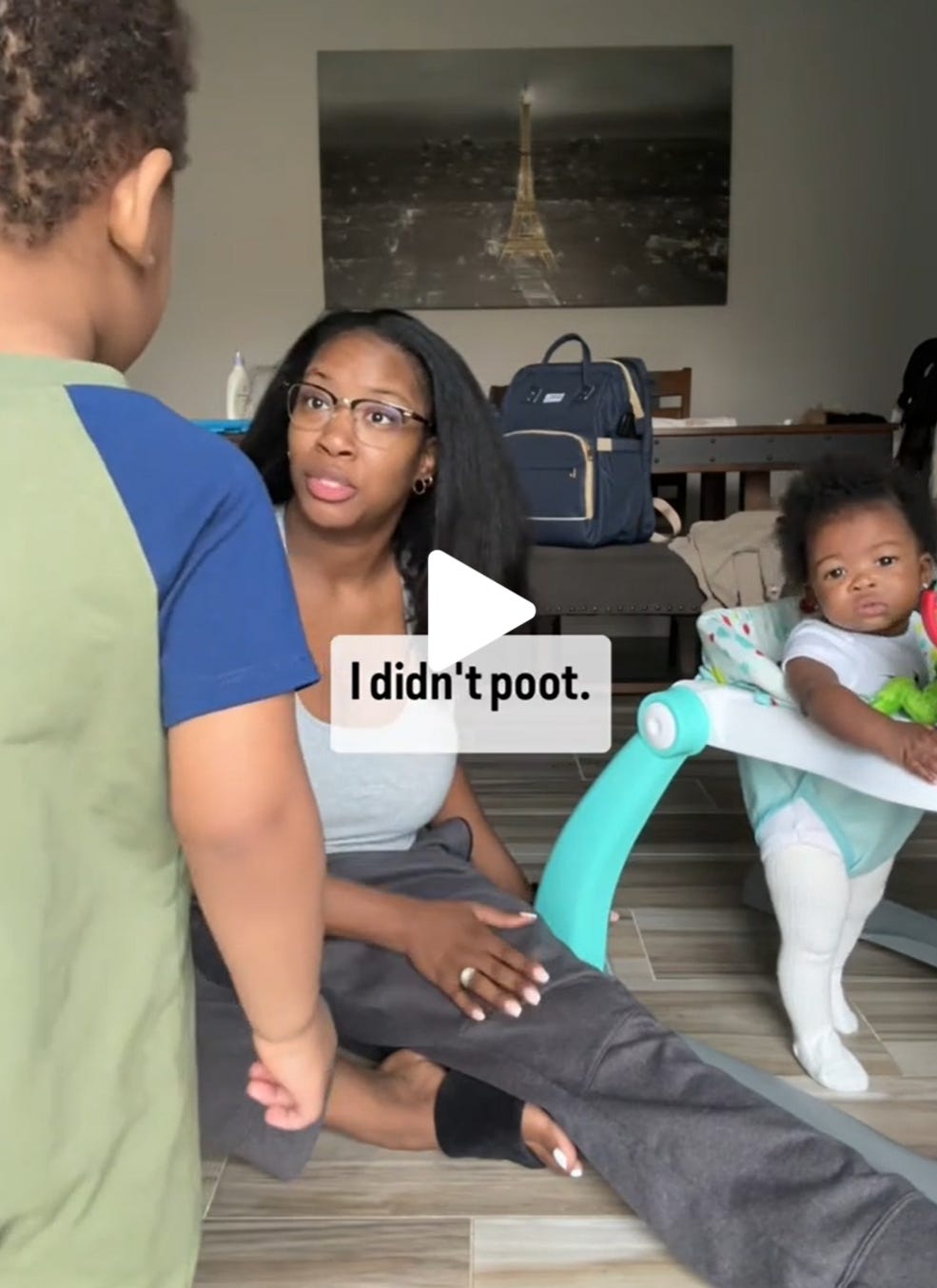Manifesting Our Black Asses into Prosperity Gospel
Let’s talk about manifestation, abundance talk, and prosperity gospel.
Welcome to This Black-Ass Life! This week we’re a lil late but still very excited to chat with you! Let’s talk about manifestation, abundance talk, and prosperity gospel. Also, Da’Vine, the woman and red-carpet marvel that you are!
l. The Facts
From its roots in the early 1900s through today, the prosperity gospel and similar beliefs espouse the idea that 1. Your mind has the power to channel your energy to material results like wealth or good health, and 2. If you follow certain practices religiously, you will be rewarded by God, the universe, or any other higher power with even more good things.
In a 2015 survey, 42% of Black people believed prayer could make them wealthier in comparison to 15% of whites, and 34% believed wealth was a sign of God’s favor in comparison to 9% of whites.
The prosperity gospel has also found fertile ground in some of the poorest communities in the world, notably in Africa and Latin America.
Prosperity gospel’s secularish cousin, the “law of attraction,” or manifesting, has also grown in popularity over the last few years. From late March 2020 to mid-July 2020, Google searches for manifesting skyrocketed by 669%, and by 2021, #manifestation had been viewed “a whopping ten billion times on TikTok.”
Both concept’s messaging is rooted in the belief that if you do something enough (pray, tithe, practice visualization), you can be in control of what happens to you. External forces, say terrifying global politics, a chemical imbalance, or job loss be damned.
Why does it matter?
First, it makes sense that some Black people are fervent believers in manifestation and/or the prosperity gospel. Surviving in a Black body necessitates some level of magical thinking. We are people who have no choice but to dream of a better tomorrow. It’s why we are still here.
Interestingly, a scholar recently asserted that the prosperity gospel has an African background (mostly Yoruba theology).
So the question is less why Black people continue to cling to these beliefs and more what it means that some of us do.
What does this mean for our understanding of our ancestors? Did they collectively not manifest or pray hard enough to move through centuries of enslavement and colonial subjugation?
What does this mean for the many, many people who are one medical bill away from poverty? People who experience unexpected hardship? Or for the 1 in 4 people globally who will be affected by mental health issues?
If some of us can just Tootsee Roll through life’s difficulties (racism, illness, poverty, loneliness, etc.) by sowing seeds to a millionaire pastor or harnessing The Secret™, why even challenge systemic oppression?
This is not a hop-and-skip argument. For example, those who adhere to the prosperity gospel are also more likely to attribute poverty to laziness rather than to the systemic issue that it is. That’s why this is dangerous.
What can my Black ass do?
Remember that whether you own 5 wing stops or 5 chicken wings or neither, you are worthy of your care, time, and effort.
Be compassionate and curious. When I (Jumoke) hear someone talk seriously about “abundance,” “manifesting,” “sowing seeds,” “frequency,” “affirmations,” or any vibe-y terms that have permeated the culture over the last decade, I tend to tune them out and shake my head vigorously internally. It’s nonsense to me, and not my philosophical or spiritual orientation.
However, one of my commitments this year is to get curious and not be so comfortable living in a binary (it’s so cozy here!). Is this self-soothing language that helps this person get through this current hellscape? Is it a tether that ties them to a hopeful future? What part of the puzzle of who they are might I be missing?
Black people with class privilege, continuously think critically about your privilege. Did I manifest this vacation, or was I born to two college-educated parents and pay a very low Black tax?
While we don’t agree with speaking your way to wealth, we do hope you’ll speak kindly to yourself no matter your status as an entrepreneur. Here’s a guide to navigating negative self-talk and encouraging kindness to self.
II. Other Things
Black-ass happenings
Da’Vine Joy Randolph won best supporting actress at the Oscars, and in our humble opinion, best speech and best dressed, too. Shout out to publicists.
More red carpet looks.
This video really captures the essence of Love is Blind’s Clay (and his daddy).
Truly love that Meg got to live her best nerdy life in Japan.
How the first lady of lowriding hopes to inspire more women to join the community.
Our Black-Ass song(s) of the week (Jumoke):
Soul Bossa Nova was one of Quicy Jones's earliest hits and is number 1 in my feel good playlist.
Things we look forward to:
I (Jumoke) look forward to the farmers market opening back up again. You can only do so much with winter citrus and dino kale.
I (Mitu) look forward to warmer weather; this cold is easing up!
lll. Lessons from a Black-Ass Baby
This baby tried to teach mama some manners with a reminder to say “excuse me” when you poot.
Stay Black, have a snack, and take a nap today. We'll hit your inbox next on March 26!






